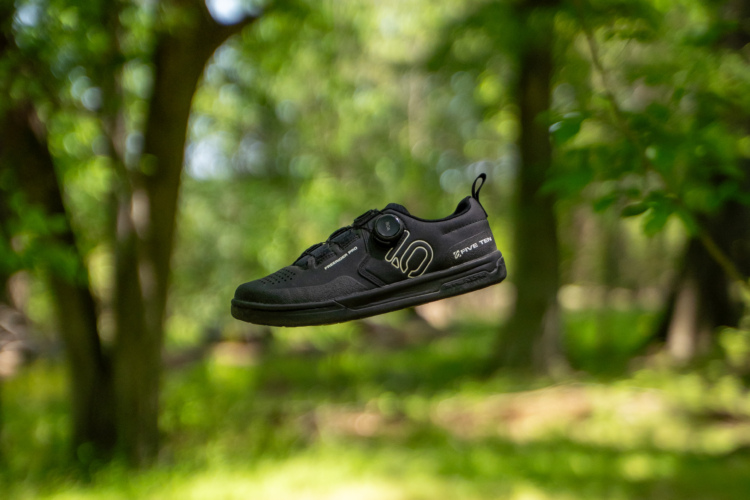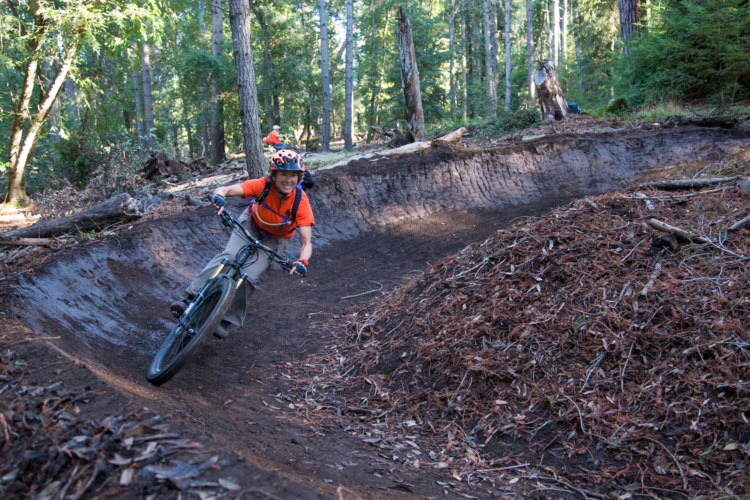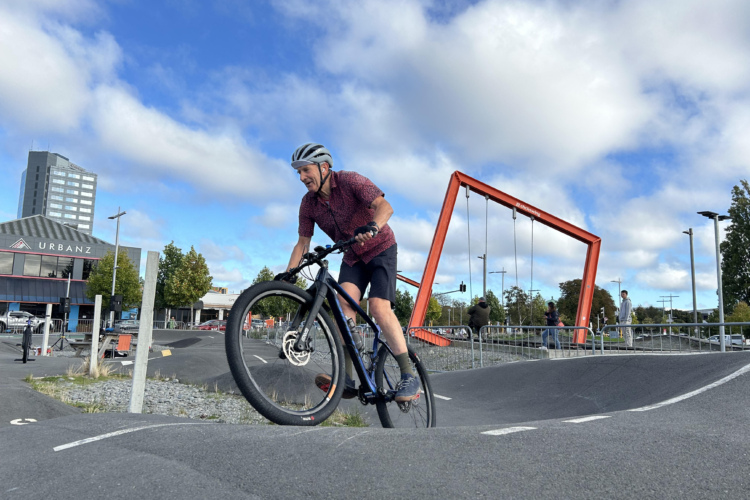Marin County, CA, is if not the very birthplace of mountain biking, at the very least one of the cradles which gave birth to our sport. When Joe Breeze threw a fat (by road bike standards) tire on a frame and he and his buds, including Gary Fisher, began riding Mt. Tamalpais on homemade modifications, they laid the groundwork for an entire industry. Joe Breeze began manufacturing mountain bikes, another manufacturer actually called itself Marin, and Gary Fisher also entered the business, naming one of his first models the Mt. Tam. Ironically, the winds in Marin county shifted over the years; most of those early mountain bike trails are now off limits to bikes, and Marin is widely known as the most mountain bike-hostile region in the United States.
Marin may be getting some competition from Portland, OR, in that regard. While Portland has long been known as a bike friendly city with regard to pavement use, they are quite the opposite when it comes to sharing the local dirt. The most recent blow to mountain bikers came in a decision to ban cycling from trails they have traditionally used for decades in the River View Natural Area. Land managers cite the two most common reasons used for banning bikes: environmental concerns and potential conflicts with other user groups, most notably hikers.

The frustration level for Portland cyclists is exacerbated by two things beyond the loss of a traditional cycling venue. First, there is already precious little opportunity for off road riding in Portland. Second, a broad based coalition of stakeholders, in cooperation with the city of Portland, has been very active in determining appropriate uses for this 146 acre parcel of land–their recommendations now being completely ignored. It seems transparency went out the window.
According to this interview with a Portland Parks and Recreation representative Amanda Fritz, “It’s the mud. It’s the . . . unintentionally riding over native plants.” Mud in the Pacific Northwest? Say it isn’t so! To date, Portland Parks and Recreation have offered no evidence that cycling is specifically a cause of erosion in excess of that caused by other user groups, or whether that erosion would actually enter the Willamette River and affect aquatic species. And as for veering off trail, that is certainly not a cyclist-unique phenomenon. This is backed up by the Portland Parks and Recreation’s Technical Advisory Committee report, in which they state the top environmental concerns are:
- Dogs on and off-leash
- Off-trail use by cyclists and pedestrians
- Illegal camping/party spots that create wildfire risk
- Climate change
Note that cycling is mentioned once, and in the exact same context as pedestrians, yet it’s only cyclists on the chopping block.

Portland Parks and Recreation is offering two consolation prizes. First, they are requesting $350K in budget to develop a city-wide cycling plan. $350K? I’m obviously in the wrong branch of consulting, and a career change is due! More to the point, this is a long road. First, the money must be approved–hardly a certainty in today’s environment of tight municipal budgets. Second, such a study will take a long time to execute, coordinate, and publish. Third, there’s no guarantee the study will actually conclude with cyclist-friendly recommendations. Even if all goes well, then there must be the actual design of trails including onerous environmental impact statements, which will be costly and time consuming. Then again, even more funding must be obtained, also a risky undertaking, and lastly there would be the time required to actually build the trails. This is a many-year process at its best; meanwhile the loss of perfectly-good trails is immediate.
Second, Portland Parks and Recreation has proposed a “bike haven” in an area referred to as “Gateway Green.” Gateway Green is a mere 25 acres sandwiched between two busy interstates in the shadow of an old prison. At one sixth the size of River View and offering none of the natural environment of River View, this is hardly a positive exchange. According to Portland Parks and Recreation manager Brett Horner, this would be the best of all Portland Parks and Rec cycling offerings because it would be “really focused toward biking experience.” Fritz says it will be the system’s “crowning jewel.” So the best Portland can do for its cycling constituents: take away their best in-town option in defiance of public input and without clear justification and in return, offer a 1.5-mile loop in the no man’s land between two interstates… and they think that’s a laudable cycling experience.
The ban at Riverview is scheduled to go into effect on March 16. If you have a stake in cycling opportunities in the area, please take the opportunity to have your voice heard by contacting Portland Parks and Recreation and (politely and logically) expressing your concerns.
Commissioner Nick Fish
Commissioner Amanda Fritz





















4 Comments
Mar 9, 2015
Mar 9, 2015
Mar 13, 2015
Mar 7, 2017